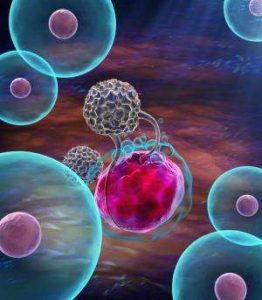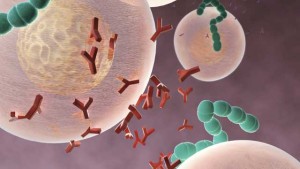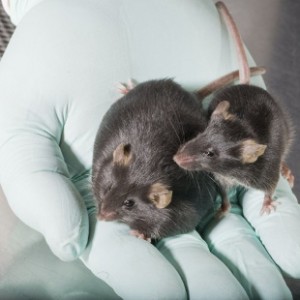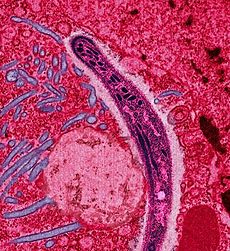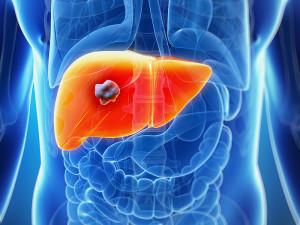Significance
Circular RNAs (circRNAs) play increasingly appreciated gene-regulatory roles in the process of human tumorigenesis. Our results demonstrated that circURI1 expression levels were significantly increased in gastric cancer (GC) compared to paraGC, and the depletion of circURI1 promoted metastasis in vitro and in vivo. CircURI1 directly interacted with hnRNPM and modulated alternative splicing by sequestering the hnRNPM protein. Our study provides a reported association of circRNA, alternative splicing, and metastasis and sheds light on the molecular mechanisms of metastatic GC.
Abstract
Circular RNAs (circRNAs) have emerged as key regulators of human cancers, yet their modes of action in gastric cancer (GC) remain largely unknown. Here, we identified circURI1 back-spliced from exons 3 and 4 of unconventional prefoldin RPB5 interactor 1 (URI1) from circRNA profiling of five-paired human gastric and the corresponding nontumor adjacent specimens (paraGC). CircURI1 exhibits the significantly higher expression in GC compared with paraGC and inhibitory effects on cell migration and invasion in vitro and GC metastasis in vivo. Mechanistically, circURI1 directly interacts with heterogeneous nuclear ribonucleoprotein M (hnRNPM) to modulate alternative splicing of genes, involved in the process of cell migration, thus suppressing GC metastasis. Collectively, our study expands the current knowledge regarding the molecular mechanism of circRNA-mediated cancer metastasis via modulating alternative splicing.


